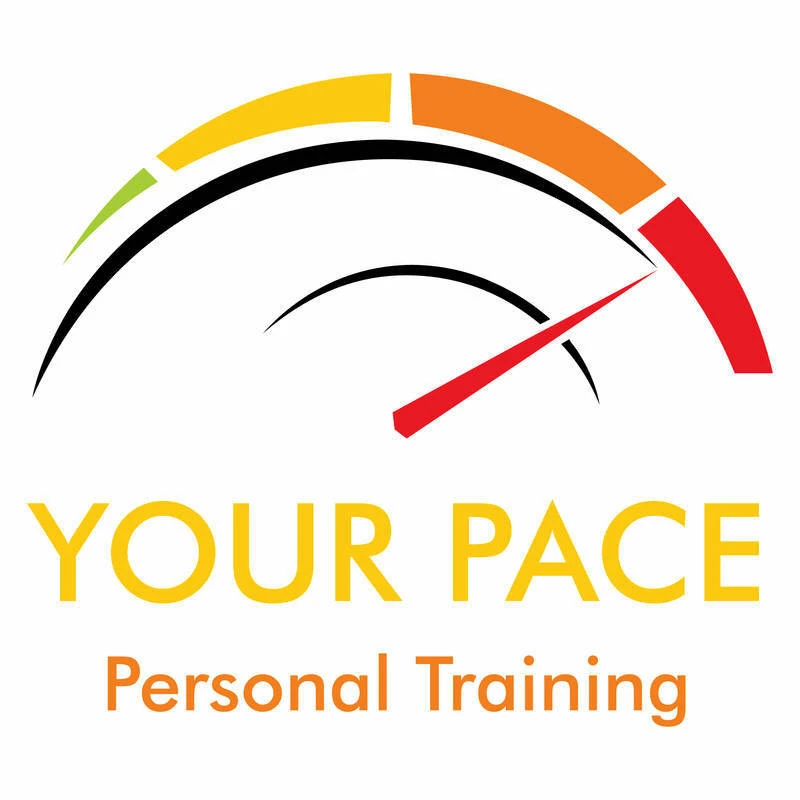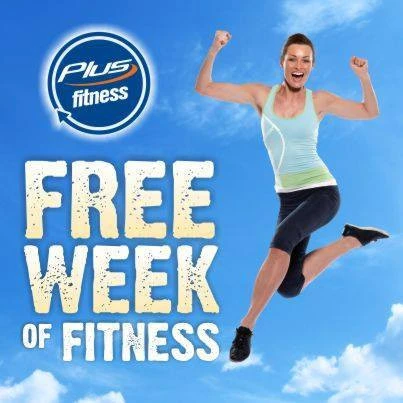
Preparing for a half marathon (21km) race
Half Marathon season usually runs through the colder months but you should bargain on at least 3 months of training required, even if from a standing start. Literally, you are not running and then you run a half marathon 3 months later. I have run the SMH half marathon and the Blackmores half marathon now a number of times in sub 2 hours, not a great time but OK. As a beginner moving to intermediate running these are my half marathon running tips.
Read more
Finding the Best Self Defence Coaches & Instructors
Look for self defence gyms or classes that offer a variety of techniques, including striking, grappling, and situational drills. A well-rounded curriculum ensures that you are equipped to handle diverse scenarios effectively.
Read more
Finding the Best Swimming Coach in Australia
A positive and conducive learning environment is crucial for effective swimming lessons. Evaluate the swimming facility where the coach conducts their lessons. Look for clean and well-maintained facilities, including well-kept swimming pools and changing rooms. A comfortable and safe learning environment can enhance the overall swimming experience.
Read more
Yoga for Beginners: A Comprehensive Guide to Getting Started
Discover the essentials of Yoga, including styles like Hatha and Yin Yoga, with this beginner's guide.
Read more
Why should I do yoga?
When practised under the guidance of experienced teachers, yoga can serve as an effective pain management method. Along with easing the pain of arthritis, back pain, headaches and more, yoga will relieve tension in parts of your body you weren’t even aware of.
Read more
The benefits of pregnancy massage
The benefits of pregnancy massage Week by week pregnancy demands adjustment. For your pregnancy massage practitioner, this presents an opportunity to support these physical changes with body therapy. Things that pregnant clients commonly complain of include: aching feet, sore neck, sore shoulders, fatigue, and upper and lower back pain. None of this seems surprising considering the postural changes and pressure on the spine associated with a rapid increase in weight over 9 months.
Read moreAnxiety and stress – what's the difference?
Hypnotherapists often meet clients who say ‘how scared and overwhelmed’ they are when they experience Anxiety & Stress. As part of client therapy, some hypnotherapists make time to explain and clarify what Anxiety & Stress is and how they are linked. It can be important to communicate the differences because this means, clients have an understanding and awareness of what is really happening. It takes away any ‘unknown and associated fears’. This article explores the difference between stress and anxiety, so you can get the best treatment.
Read moreWhy your hypnotherapist should be trained in counselling
Depending on the issue(s) that you’re coming to hypnotherapy for, there’s a good chance that you will need to also receive counselling support to address the full extent of the problem so that hypnotherapy can be as effective as possible. If this doesn’t happen, it’s unlikely that hypnotherapy alone will be able to successfully treat your problem(s) and in some cases, it can actually make things worse. This article discusses why.
Read more
About kinesiology and what it does to your body
Kinesiology looks at the body as a whole - Mind, Body and Spirit, as one unit. If there is an imbalance in one area then it’s probably impacting the other areas. Kinesiology, through muscle monitoring allows us to determine where these imbalances are without the need for conscious awareness. This article explains why.
Read more
Over-the-counter vitamins or Practitioner-only supplements: what's best?
Have you ever looked at that bottle of fish oil or 'shelf stable' probiotic sitting on the dusty supermarket shelf and wondered to yourself: “How long has THAT been there? Am I just wasting my money?” This article looks at the truth about supplements and explains where you can get the most benefit.
Read more
Hypnotherapy to deal with pain
We are all familiar with medication to deal with pain, however hypnosis is the most frequently cited form of non-pharmacologic cognitive pain control. Hypnosis is an altered state of consciousness. It is where one's attention is focused; this creates an environment in which the brain can process information to bring about beneficial changes in a person. This essay explores how hypnosis can be used for pain.
Read more
Controlling your thoughts through meditation
A Wellness Coach analyses the goal of meditation as a way to regain control over our mind in this article. It claims meditation allows us the freedom to choose a meditation that suits our individuality. There are meditations to suit all individuals including the over-thinkers, the yogi’s, the young at heart and those that find it difficult to sit still. Read more to find out how meditation can affect you and which may be best for you.
Read more
The (Im)possibility of work-life balance
Happiness can be a delicate creature. It has to be fed, nurtured and given attention. If we are too busy to nurture it then it grows weaker. In some cases happiness becomes so weak that it seems dead, but it is merely lying dormant until it is nurtured once more. For it to remain strong we need to create and maintain a balance between things that consume our energy and things that replenish our energy. This is often referred to as work/life balance.
Read more
Seven Reasons to Learn Taekwondo
Taekwondo is more than just a sport, it’s a discipline for success in life. The relationship between student and a master at Wylie Taekwondo is a sacred one, with benefits reach-ing far beyond the four walls of the dojo. Most students will report it can infiltrate every area of your life. Here we have listed 7 key life benefits of choosing practice taekwondo.
Read more
How to excel in Martial Arts – outside of the Dojo
The problem seems to be that students are not shown the simple idea behind home training. Hours and hours of training at home is not what the instructor is asking of the student. The key to home training comes back to the same idea mentioned at the top of this article, repetition. This can be a simple 15-minute training session at home done daily or even every second day but it’s this repetition that is key!
Read more
Anatomical Breakdown of the Squat
. Being a highly functional exercise the squat provides strength for real life daily activities as oppose to simply being able to push gym equipment. It is however an exercise where too often poor technique or initially too much weight is used leading to fatigue, poor technique, injury and frustration.
Read more
The Health Pulse of The Sutherland Shire
It’s no secret that stress, obesity and other health related problems are big news across the world right now. But every day Australians are fighting back with an ever increasing number of people elevating their wellness regimes to the likes of a religion, committing to daily habits and rituals of self-care and worship. In this blog, the spotlight is on the Sutherland Shire. Read on for the most popular online searches in wellness are for the people of Sutherland...
Read more
The History of Soccer and Its Influence on Today's Clubs
Soccer Clubs will play an even more vital role in the physical and emotional development of players. They provide not just athletic skills but life skills that will serve players well in any endeavor. Soccer Coaches will remain the driving force behind the success of Soccer Clubs. Their dedication to the sport and their passion for nurturing young talents will continue to shape the future of soccer.
Read more
How a massage can help your pregnancy
Pregnancy can often be a confusing time. Physical changes, varying hormonal levels, emotional upheaval can be mixed with feelings of joy and excitement. This article explores how massage can help you to relax, and other ways it can improve your pregnancy.
Read more
How to Lose Fat When Personal Training
According to fitness guru , Tom Venuto, you should be including 30 minutes of vigorous, sweaty cardio into your weekly exercise program four to six times per week. Most people need four to six days per week.
Read more






























































